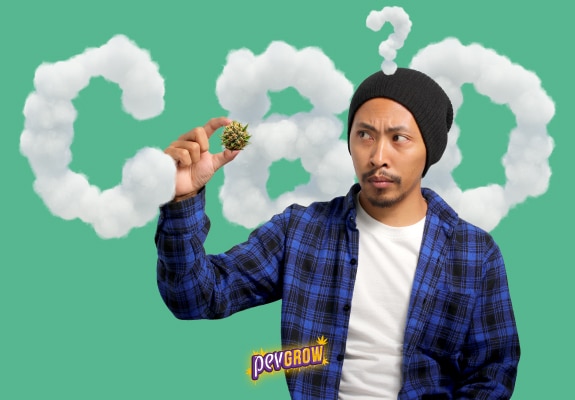

01-10-2024 06:52:16 - Updated: 1 October, 2024
When someone hears about CBD (cannabidiol), the question often arises: Does CBD get you high? This cannabinoid has gained popularity worldwide, and while many see it as a safe option for alleviating various ailments, some people still wonder if consuming it could lead to the typical “high” associated with weed consumption.
The answer to that question is no, CBD does not get you high. Unlike THC, which is the psychoactive compound found in weed, CBD does not alter mental state or affect perception. In this article, we will delve into how CBD works, why it has no psychoactive effects, and what its main benefits are.
🥀 What is CBD and why doesn’t it get you high?
CBD (cannabidiol) is one of over 100 cannabinoids present in the cannabis plant. Along with THC (tetrahydrocannabinol), it is one of the most studied and used compounds in cannabis. The big difference between the two is that while THC does have psychoactive effects, CBD does not, which means it does not alter perception or cause the typical “high” that many people experience when consuming THC products. If you want to know more about this revolutionary medicinal cannabinoid, I recommend the article on our blog titled What is CBD?
❤️ Why is CBD not psychoactive?
The key to understanding why CBD doesn’t get you high lies in how it interacts with our body’s endocannabinoid system. This system, which regulates functions such as mood, sleep, appetite, and pain response, has two main types of receptors: CB1 and CB2.
THC binds directly to the CB1 receptors, which are primarily located in the brain and central nervous system, causing psychoactive effects (such as euphoria, altered perception of time and space, and mood changes). CBD, on the other hand, does not bind directly to CB1 receptors. Instead, it acts by modulating the endocannabinoid system, balancing receptor activity without activating them in the same way that THC does.
🚀 Can I feel any effect with CBD?
Although CBD does not get you high, this does not mean it has no effects on the body. In fact, many people use it for its benefits without the need to experience the psychoactive effects of THC. The effects that most users experience with CBD include:
- Relaxation: A feeling of calm without feeling sedated or disconnected.
- Pain relief: It is known to reduce inflammation and pain.
- Mood improvement: Without the psychoactive impact, CBD can help reduce anxiety and stress.
- Improved sleep: By reducing anxiety and promoting relaxation, many people find they sleep better with regular CBD use.
Here’s an article that explains the effects of CBD flowers, so you can see in depth all the properties this non-psychoactive cannabinoid can bring to your daily life.
🎲 Is CBD safe to consume?
Yes, CBD is safe for most people, and there is no evidence that it causes dependence or serious negative effects, even with prolonged use. However, it is important to acquire high-quality CBD products and preferably those that have been tested in independent laboratories to ensure they are free of contaminants and have the correct content of CBD and THC. In the current CBD shop, you can find all kinds of cannabidiol-rich products so you can choose the most appropriate consumption method for your specific needs, as it can be smoked, vaporized, sublingual, topical use, ingested, etc. Here are a few examples:
- CBD Flowers
- CBD Oil
- CBD Gummies
- CBD Concentrate
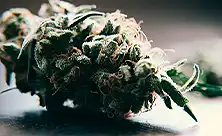 |
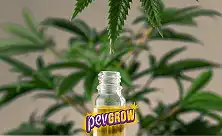 |
 |
 |
| Buy CBD Flowers | Buy CBD Oil | Buy CBD Gummies | Buy CBD Concentrate |
|---|
⚠️ What is the difference between CBD and THC?
One of the main misunderstandings about CBD is its relationship with THC. Although both come from the same plant, their effects on the body are radically different.
| Feature | CBD (cannabidiol) | THC (tetrahydrocannabinol) |
|---|---|---|
| Psychoactive | No | Yes |
| Gets you high | No | Yes, causes a high |
| Interaction with CB1 | Does not bind directly to CB1 | Binds directly to CB1 receptors |
| Legality | Legal in many countries if derived from hemp | Regulated and illegal in many places |
| Therapeutic benefits | Pain relief, anxiety, inflammation, and others | Pain relief, sedation, euphoria |
✨ Can I consume CBD and THC together?
Yes, in fact, many people prefer to consume CBD along with THC because CBD can help moderate the effects of THC. This is especially useful for those who want the therapeutic benefits of THC but wish to avoid or minimize the psychoactive effects. CBD has been shown to reduce the anxiety and paranoia that THC can sometimes cause, thus balancing the overall experience.
Can CBD counteract the high from THC? Yes, some studies suggest that CBD can counteract the psychoactive effects of THC by inhibiting its ability to bind to CB1 receptors. This is especially helpful for people who have consumed too much THC and want to reduce their “high” or for those who want a more moderate experience. If you are interested in this combination, you cannot miss this article that outlines the best cannabis strains with different ratios of THC and CBD.
👾 What effects can CBD have on the body?
Despite the fact that CBD does not get you high, it has a wide range of benefits for the body and mind. Here are some of the most common effects people experience when consuming CBD products:
- Reduction of stress and anxiety: One of the most common uses of CBD is to relieve stress and anxiety. Unlike traditional anxiety medications, CBD acts naturally and does not cause dependence or excessive sedation. Studies have shown that CBD can help regulate serotonin levels in the brain, which in turn improves mood and reduces anxiety.
- Pain and inflammation relief: CBD is a potent anti-inflammatory, making it a popular choice for people suffering from chronic pain, arthritis, and other inflammatory conditions. By interacting with the endocannabinoid system and other receptors, CBD helps reduce inflammation and provides relief without the side effects of traditional painkillers.
- Improvement of sleep quality: If you have trouble sleeping due to anxiety or stress, CBD can help improve sleep quality without the use of sedative medications. Although CBD is not a sleeping pill, its ability to reduce stress and relax the body can make it easier to fall asleep and maintain deep rest.
- Antiepileptic effects: One of the most important therapeutic effects of CBD is its ability to reduce seizures in people with epilepsy, especially in severe cases like Dravet Syndrome. In fact, Epidiolex, an FDA-approved medication, is based on CBD and is used to treat these conditions.
The best part is that there are currently CBD-rich marijuana seeds with different levels of this cannabinoid, which when combined with different terpenes and other cannabinoids, each can be better for treating certain issues, while others may be more suitable for treating other diseases. To clarify this topic, I thought you might be interested in reading this article from our blog titled “Best CBD Strains for Treating Different Issues”.
🌞 How is CBD consumed and what formats are available?
CBD is available in a variety of formats, making it easy to incorporate into daily routines according to personal preferences. Here are the most common consumption methods:
- CBD oils and tinctures: CBD oils are one of the most popular and effective methods for consuming cannabidiol. A few drops are placed under the tongue (sublingual administration), allowing CBD to be quickly absorbed into the bloodstream.
- CBD capsules and edibles: CBD edibles, such as gummies, or capsules, are a convenient option for those who prefer precise dosing and an easy consumption method. Although they take longer to take effect because they must be digested, their effect is more prolonged.
- Topical creams and lotions: If you suffer from localized pain or skin issues, topical creams with CBD can be an excellent option. They are applied directly to the skin in the affected area to provide immediate relief.
- Vaporizers: CBD vaporizers offer quick effects because CBD enters the bloodstream through the lungs. It is a popular option for those seeking immediate relief from stress or anxiety.
📢 Editor’s opinion and conclusions
Personally, CBD is a very attractive option for those who want to reap the benefits of cannabis without experiencing the “high” produced by THC. Over time, I have seen how many people benefit from its use to combat anxiety, pain, and improve their overall well-being without getting “high”. I see it as a natural alternative with enormous potential, especially due to its safe profile and its ability to integrate into daily routines without altering mental state.
CBD does not get you high, but it offers a wide variety of therapeutic benefits, such as stress reduction, pain relief, and improved sleep. Its ability to interact with the endocannabinoid system without generating psychoactive effects makes it an ideal option for those looking to improve their quality of life naturally.
⏰ Frequently Asked Questions (FAQ)
- Can CBD get you high? No, CBD has no psychoactive properties and does not produce the high that THC does. You can consume CBD without experiencing effects that alter your perception.
- Does CBD have side effects? CBD is well tolerated by most people. However, at high doses, some users report fatigue, changes in appetite, or minor digestive issues.
- Is CBD legal? In many countries, CBD is legal if it comes from industrial hemp and contains less than 0.3% THC. However, regulations vary, so it is important to check local legislation.
- Can I drive after consuming CBD? Yes, CBD does not affect coordination or reflexes, so it does not interfere with the ability to drive or perform tasks that require concentration.
- Is CBD safe for daily use? Yes, CBD is safe for daily use, and many people incorporate it into their wellness routine as a natural way to relieve stress, anxiety, or pain.
🚦 Sources:

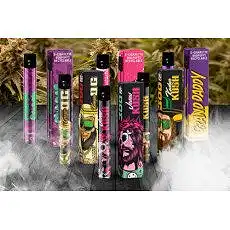
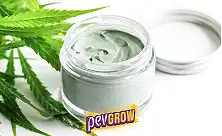
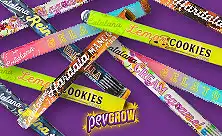

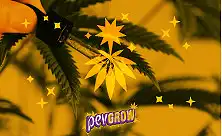
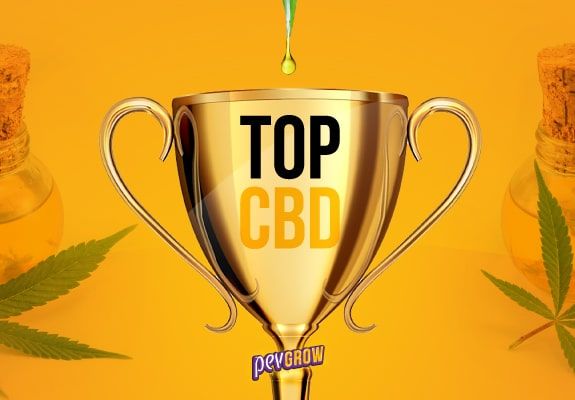
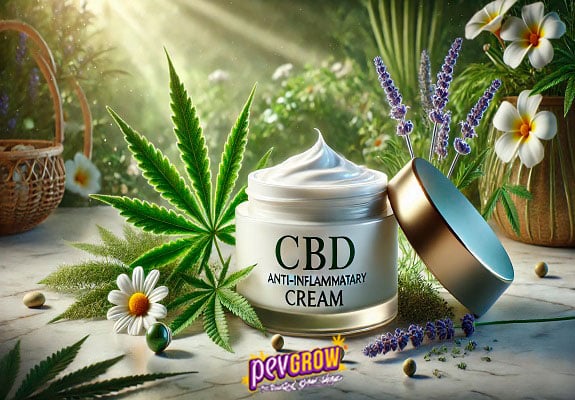
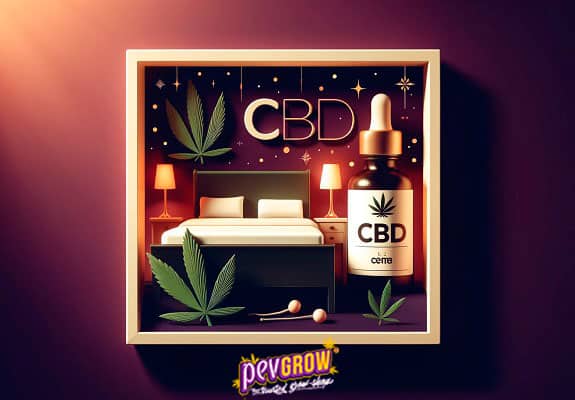
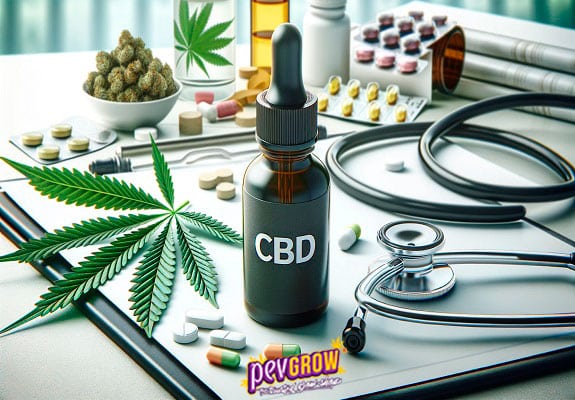

After reading the article, I am clear that CBD does not get you high and that its benefits are completely different from those of THC.